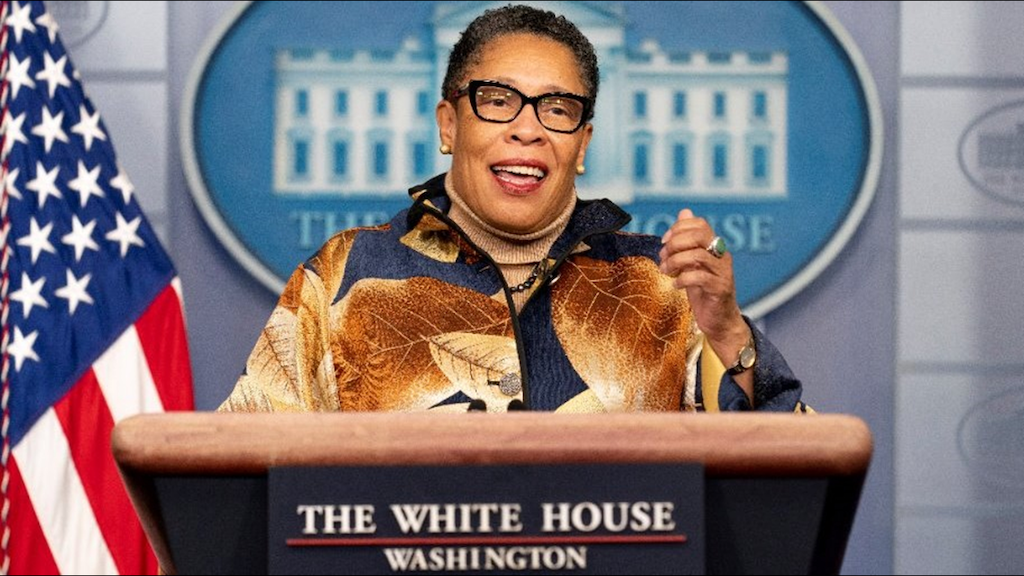FCC and HUD Partner to Promote Internet Subsidies for Housing Assistance Recipients
The effort is aimed at raising awareness about federal internet subsidies among housing assistance recipients.
Jake Neenan

WASHINGTON, August 18, 2023 – The Federal Communications Commission and the Department of Housing and Urban Development announced on Monday a partnership to promote the Affordable Connectivity Program to people receiving federal housing assistance.
The promotion efforts will include promoting the FCC program at public housing properties, joint enrollment events, and increased collaboration on messaging campaigns.
HUD Secretary Marcia Fudge touted the agency’s partnership with the FCC at a community event in Seattle, Washington, and encouraged residents to sign up.
The announcement comes a month after the launch of White House’s “Online for All” campaign, an effort to raise nationwide awareness of the ACP.
Part of the Infrastructure, Investment and Jobs Act, the ACP monthly discounts on internet service of between $30 for low-income American and $75 for Tribal residents.
The $14 billion program is serving more than 20 million households as of August 14, roughly a quarter of whom had no internet access at all prior to receiving ACP benefits.
A monitoring tool developed by the Institute for Local Self-Reliance, a community advocacy group, estimates that $6.3 billion in ACP funds have been used up.
The remaining $7.7 billion is expected to dry up in 2024. Lawmakers have called for funding increases, citing the racial divide in internet access – 71% of Black households and 65% of hispanic households have broadband access, compared to 80% of white households – that could worsen in the absence of ACP discounts.
The Information Technology and Innovation Foundation, a nonpartisan think tank, released in July a report calling for Congress to eliminate old broadband subsidies that have been rendered redundant by the $42.5 billion BEAD program and divert the funds to the ACP.
“Public energy and time in this space would be much better served fine-tuning and scaling digital inclusion efforts than being obligated to lobby for a program whose continuation should be a no-brainer,” wrote Joe Kane, director of broadband and spectrum policy at the ITIF and author of the report.









Member discussion